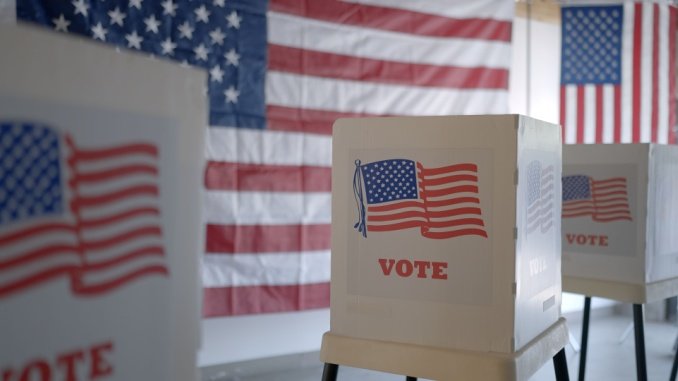bulk mail voting
For a Healthier Republic, Robust Fraud Protections Are Essential

By Dr. Thomas Patterson |
Historically, American elections were simple events held every four years, predominantly during the autumn. From Labor Day until Election Day, citizens visited designated polling places, casting their votes in a confidential manner overseen by fellow volunteers. The ballots were securely transported according to strict chain-of-custody protocols and counted by appointed election officials.
While some accommodations existed for those with physical limitations, voting was generally seen as a civic duty rather than a burdensome task. Racial and gender voting barriers have thankfully been dismantled, allowing broader access to the electoral process.
Elections serve as a vital mechanism for selecting governing officials and reconciling differences among citizens. They embody the democratic principle that allows various perspectives to emerge, leading to collective decisions. Despite strong disagreements regarding governance throughout American history, elections have proven effective at determining societal direction without resorting to conflict.
However, the nature of elections has changed dramatically over the years. Today’s electoral process is continuous, with presidential campaigns kicking off even before the previous inauguration has concluded. This constant campaigning results in exorbitant expenses, making fundraising a primary concern. While insiders may relish the “horse race,” the general public often finds the endless cycle tedious and disengaging.
The prolonged campaign season has not necessarily produced better candidates. Many voters express disappointment with this year’s offerings, viewing them as among the least qualified in recent memory. Ironically, the presence of a polarizing opponent often highlights each candidate’s shortcomings.
Widespread skepticism persists regarding the integrity of election processes. Surveys indicate that approximately one-third of Americans question the legitimacy of Joe Biden’s election, and a staggering 81% feel democracy itself is under threat. The fallout from Donald Trump’s unexpected victory in 2016 laid the groundwork for ongoing debates about election legitimacy, especially after rule changes during the COVID-19 pandemic raised further concerns about security and potential fraud.
This distrust poses a significant challenge to the democratic framework. Irrespective of one’s views on election fraud, practices such as early vote counting, insufficient monitoring of drop boxes, and lax identification protocols fuel skepticism among observers. While election officials dismiss these concerns and label skeptics as “deniers,” many voters remain unconvinced.
One of the most contentious issues is the reliance on bulk-mail voting. The practice of mailing unsolicited ballots to outdated voter rolls raises serious security questions. Current safeguards, like signature matching, are inadequate, as they cannot guarantee that the voter casting the ballot was not under undue influence.
Recent surveys reveal concerning trends among mail-in voters; approximately one-fifth admitted to engaging in illegal activities related to ballot handling. This highlights a critical vulnerability in our electoral system. Ultimately, the integrity of each vote hinges on the absence of fraud. The need for a system that prioritizes both accessibility and security is more pressing than ever.
Dr. Thomas Patterson, former Chairman of the Goldwater Institute and a retired emergency physician, served as an Arizona State senator for a decade in the 1990s, including a term as Majority Leader. He is also the author of Arizona’s original charter schools bill.


















